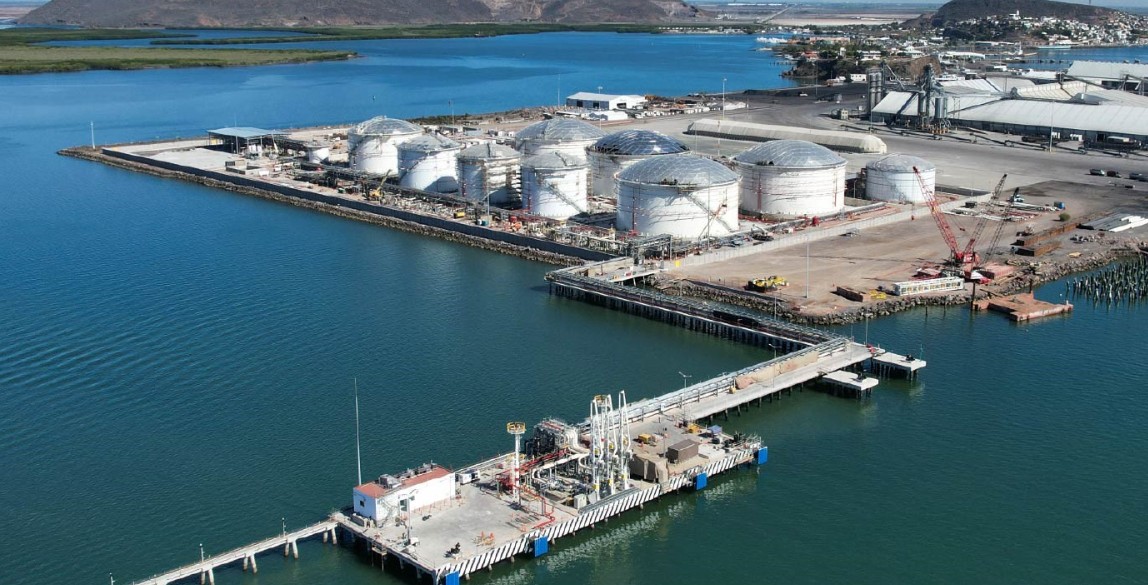This story requires a subscription
This includes a single user license.
TNPA and Zululand Energy Terminal on Monday signed the agreement for the planned LNG import terminal in South Africa’s Richards Bay, according to TNPA.
“The introduction of this groundbreaking LNG import facility by Zululand Energy Terminal is a critical response to our nation’s energy challenges,” TNPA said via social media.
Vopak said in a separate statement that the agreement grants Zululand Energy Terminal full rights to the land designated for the construction of the LNG import terminal in Richards Bay.
This milestone enables Zululand Energy Terminal to proceed with binding agreements with potential customers, supported by an ongoing capacity allocation process the firm said.
“A final investment decision is expected in 2026, contingent on timely customer commitments,” Vopak said.
In January 2024, TNPA appointed the two firms to build and operate the import facility at the Port of Richards Bay.
Specifically, the consortium was appointed to design, develop, construct, finance, operate, and maintain the LNG terminal in the South Dunes precinct for a period of 25 years.
Both TNPA, which is developing an LNG import terminal in the Port of Ngqura, and Transnet Pipeline are part of the South African rail, port, and pipeline company Transnet.
Vopak is developing the project via its 70 percent owned joint venture Vopak Terminal Durban.
In talks with shortlisted parties
In March 2024, Vopak Terminal Durban and Transnet Pipelines invited parties interested in booking capacity at the LNG import terminal to submit their expression of interest.
After that, Zululand Energy Terminal formally launched the request for proposal (RFP) in September.
Following the completion of the RFP, Zululand Energy Terminal evaluated the proposals and notified the shortlisted applicants.
“The joint venture is currently in the process of negotiating a heads of agreement (HoA) with shortlisted parties,” a spokesperson for Zululand Energy Terminal told LNG Prime last month.
Vopak also said in the new statement that the JV is in “an advanced stage of its capacity allocation process, with negotiations ongoing with a select group of potential customers.”
Vopak and its partner Transnet Pipelines previously picked UK-based engineer Wood to undertake the pre-FEED phase of the project, which is “pivotal” for the detailed planning and execution of the LNG project.
In addition to this contract, the partners also selected Standard Bank as the LNG project’s financial advisor.
Two phases
Vopak and Transnet Pipelines plan to develop the project in two phases.
According to Vopak, the first phase includes a floating storage unit (FSU) of of 135,000-174,000 cbm capacity and an onshore regasification system with an indicative capacity of 2 mtpa, or about 400 mmscfd, and optional truck loading facilities.
Vopak and Transnet Pipelines target the commercial operations date (COD) for this phase in 2028.
The second phase includes an onshore LNG tank with a capacity of up to 220,000 cbm.
The onshore tank will potentially replace the FSU and provide additional regas capacity to increase the total capacity up to 5 mtpa, or about 600 mmscfd.
This phase could reach COD as early as Q4 2029.
(This article was updated to include a statement by Vopak.)

